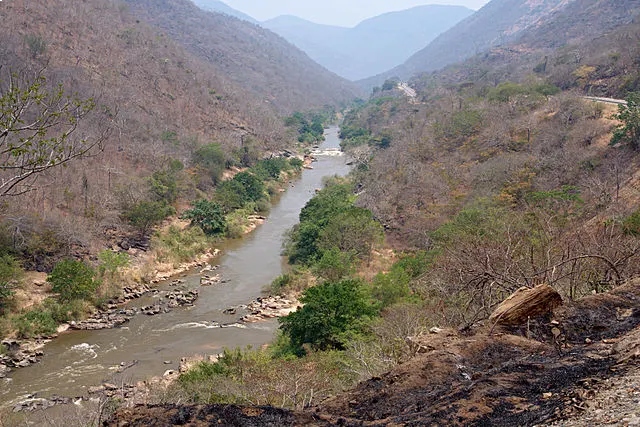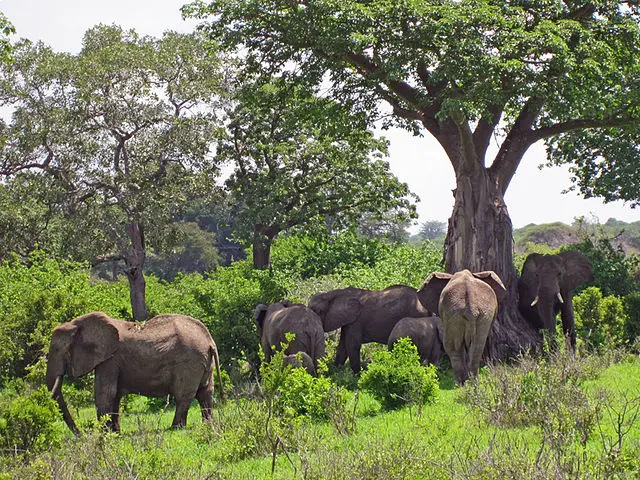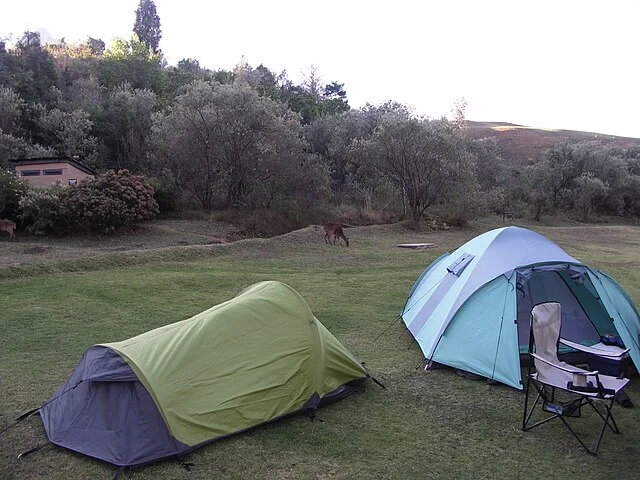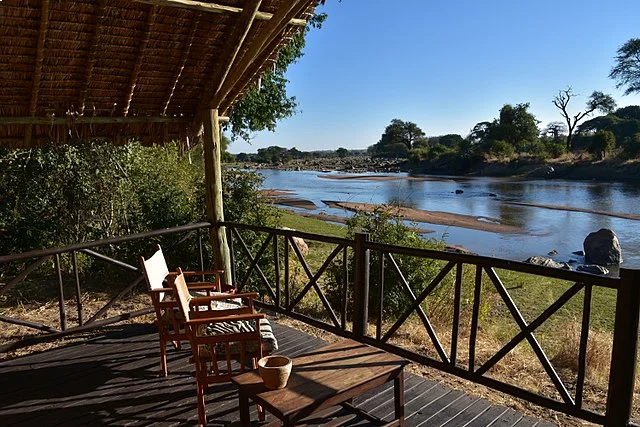Overview
Brief History
Ruaha National Park, established in 1964, covers 20,226 km² in southern Tanzania. Named after the Great Ruaha River, it’s one of Tanzania’s largest parks, managed by TANAPA. Its remote location preserves a pristine wilderness, supporting one of the largest elephant populations in East Africa and diverse predators.
Climate and Accessibility
Accessible by charter flights to Msembe airstrip or by road from Iringa (130 km, 3-4 hours). The dry season (June-October) offers optimal wildlife viewing, with temperatures of 20-30°C. The wet season (November-April) brings 500-800 mm rainfall, enhancing birdwatching but limiting road access.
Highlights
- Great Ruaha River
- Large elephant herds
- Lion and leopard populations
- Over 570 bird species
- Baobab landscapes
- African wild dogs

Great Ruaha River

Elephant Herd
Tourism Activities
Game Drive: Spot elephants, lions, leopards, and wild dogs in open savannas.
Walking Safari: Guided walks to explore the park’s flora and smaller wildlife.
Birdwatching: Observe over 570 species, including Ruaha red-billed hornbill.
Photography Safari: Capture the dramatic baobab-dotted landscapes.
Accommodation
- Public campsites with basic facilities (flush/pit toilets, showers).
- Lodges and tented camps, such as Ruaha River Lodge and Jongomero Camp.

Campsite

Tented Camp
Pricing
Entry fees: $59/adult (high season, July-March, May-June), $53.10/adult (low season, April). Camping: $35.40/adult/night. Concession fee: $35.40/adult/night. Payments via credit card or TANAPA smart card. Click here to view our packages or request a tailored tour below.
Plan Your Adventure
Fill out the form below to inquire/book your tour. Our team will contact you to confirm your booking and finalize details.
Customer Reviews
“Amazing value for money! Saw so much wildlife!” – Emma, UK, Apr 2025
“The camping was fun, and the guides were fantastic.” – Liam, Australia, Mar 2025
“Great budget option, loved the Serengeti!” – Sofia, Canada, Feb 2025
Frequently Asked Questions
Comfortable clothing, sturdy shoes, hat, sunscreen, insect repellent, and a camera.
Most nationalities require a visa for Tanzania. Check with your embassy.
Yes, campsites are secure with trained staff and fenced areas where needed.
June–October for dry season and wildlife viewing; January–February for calving season.